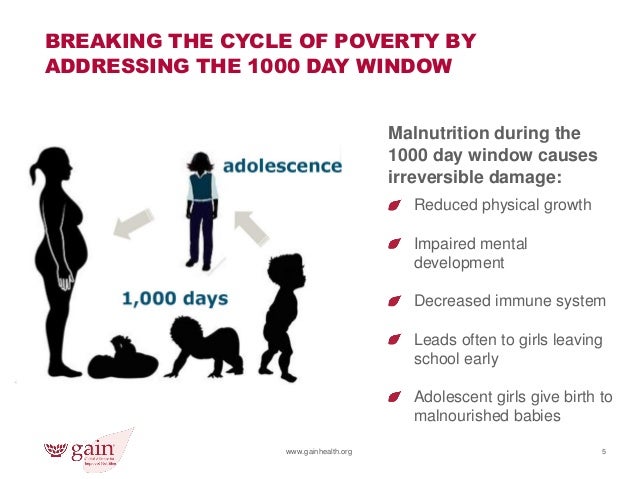There is issues with funding for the poor cut safety nets, low income.
All it does is bring the poor down and the poor are the people the upper class
hires... Who will pass the background check? You don't see the middle class
working at Walmart in reality.
But the point why have babies set up for failure just because of low funding,
low pay that is not a good thing to just let the babies go like that! Just to have
the babies a victim of stupid people by not getting the funding, help they need!
~~~~~More Than Half Of American Babies Are At Risk For Malnourishment
The nutrition children receive during their first 1,000 days ― from conception until their second birthday ― has a profound impact on how they develop. Without the proper nutrition during that window of time, young brains will not grow to their fullest potential, diminishing the kids’ opportunities for the rest of their lives, according to public health and medical organizations.
But while the World Bank, USAID, the World Health Organization and UNICEF push to improve early nutrition among impoverished communities in developing nations, there has been much less emphasis on the first 1,000 days in the United States. That’s not to say that all is well here: Over half of the country’s infants are on nutritional assistance and the top vegetable eaten by U.S. toddlers is the french fry.
Last week, the American Academy of Pediatrics issued a groundbreaking policy statement highlighting the importance, and irreversibility, of the 1,000-day window.
“Failure to provide key nutrients during this critical period of brain development may result in lifelong deficits in brain function despite subsequent nutrient repletion,” the AAP Committee on Nutrition said.
In other words, no amount of catch-up can completely fix the lost time for brain formation. Malnourishing the brain can produce a lower IQ; lead to a lifetime of chronic medical problems; increase the risk of obesity, hypertension and diabetes; and cost that individual future academic achievement and job success. The impact can even be generational, perpetuating a cycle of poverty for lifetimes to come.
It’s unclear exactly how many kids in the U.S. are malnourished, but there’s some disturbing evidence: A quarter of toddlers don’t receive enough iron, 1 in 5 children are obese, 1 in 6 households with children are food-insecure, and over half of infants participate in the federal Women, Infants, and Children program for supplemental nutrition.
These children’s futures are at stake, said Lucy Sullivan, executive director for the nonprofit 1,000 Days, which advocates here and abroad for better early nutrition.
“The first 1,000 days matter for all the days that follow.”
https://www.huffingtonpost.com/entry/malnutrition-children-1000-days_us_5a7138bce4b0be822ba16d1e?ncid=inblnkushpmg00000009
Federal Reserve holds interest rates, Tax refunds and cost!
"Federal Reserve holds interest rates..." Well yes as the tax returns should show up soon thus the tariffs will be passed on more ...

-
As like a law of nature yes women look! And that is ok. Why? For many reasons to have value, love and belongingness. Too many guys at l...
-
If you work at Walmart you know this but to the shoppers & everyone else. Here is some secret info about Walmart. For one their dat...
-
To me, my view is if you can't afford it make it into one. Yes this is something I would do! https://www.youtube.com/watch?v=50...


